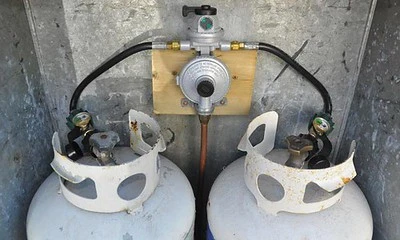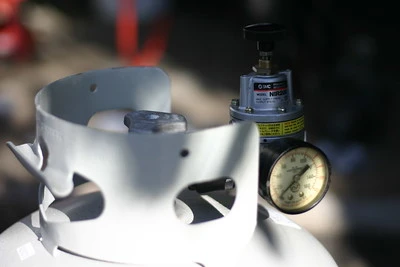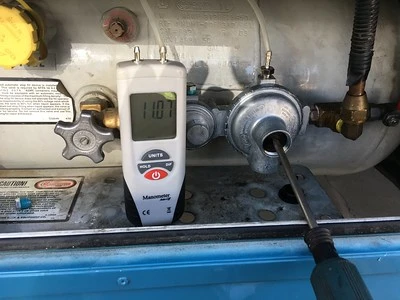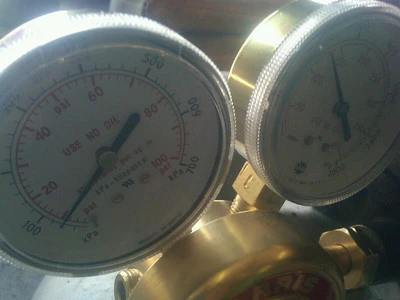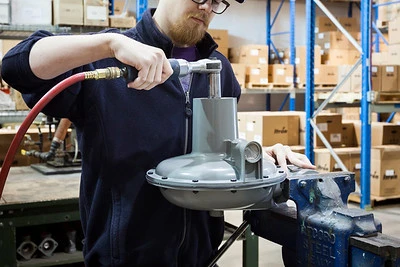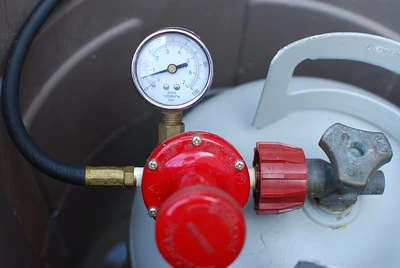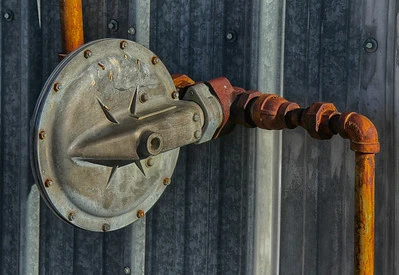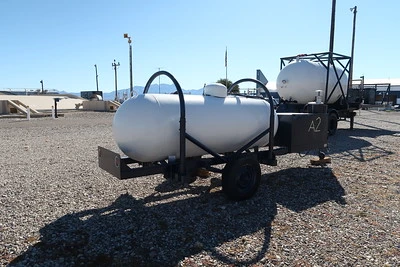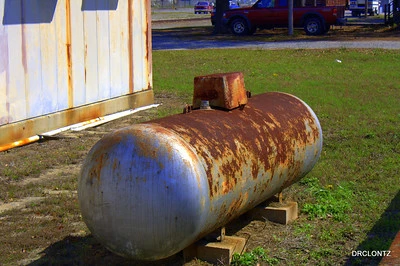What Happens if You Oversize an LPG Regulator? (How to Size)
When you use an oversized LPG regulator, it can lead to several issues that affect both safety and performance. Below are the key problems and technical explanations: 1. Over-pressurization of the System 2. Increased Risk of Gas Leaks 3. Damage to Appliances 4. Inefficient Gas Usage 5. Triggering Safety Mechanisms 6. Regulator Freeze In summary, […]
What Happens if You Oversize an LPG Regulator? (How to Size) Read More »

